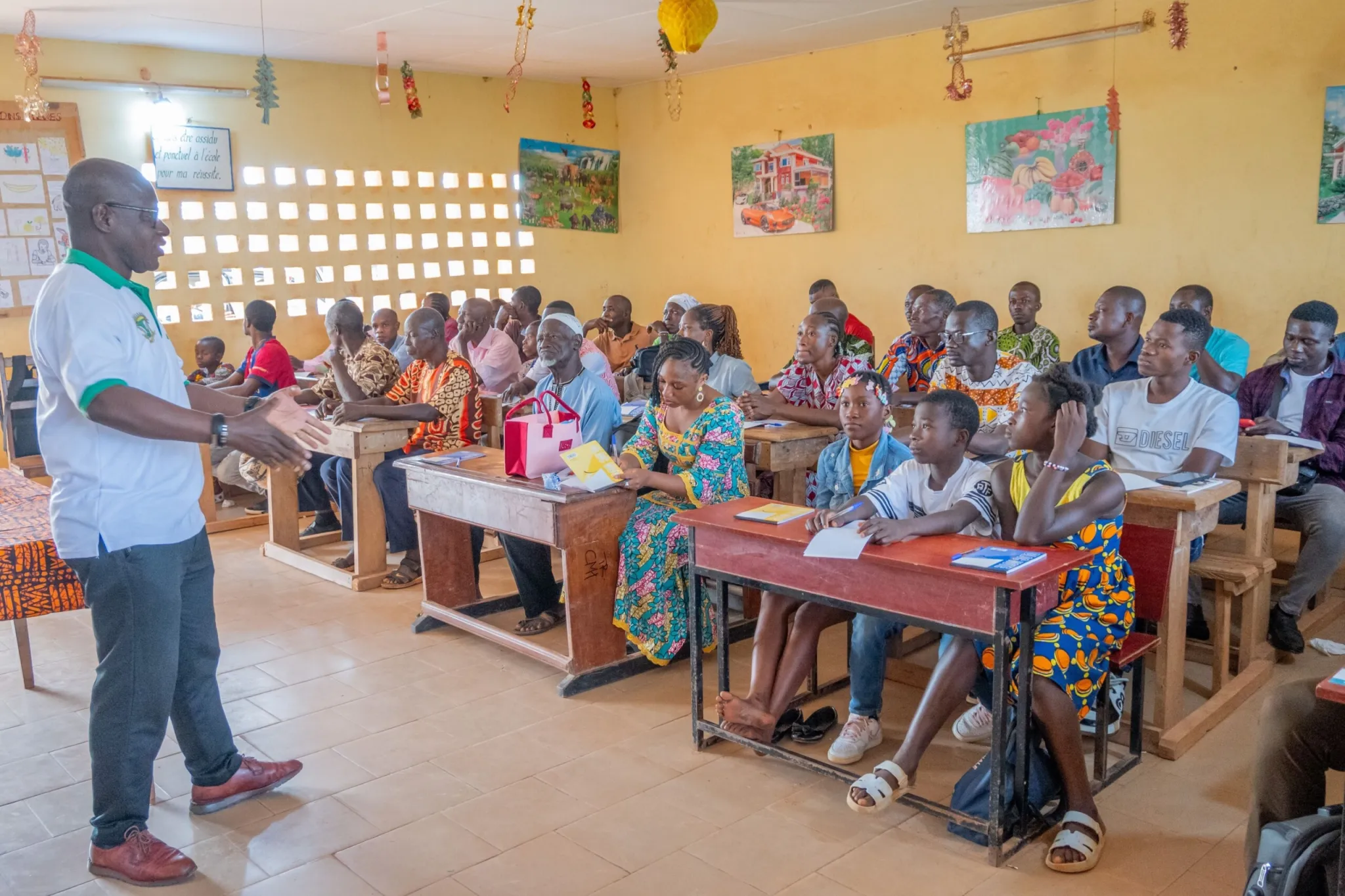Education plays a vital role in societal progress, but the COVID-19 pandemic worsened the existing learning crisis and imposed financial constraints on education systems worldwide. To address this, governments have adopted various education delivery approaches, but their effectiveness and achievements have lacked evidence-based evaluation. In response, DeliverEd collaborated with the Blavatnik School of Government (BSG) at Oxford University and country research partners to research five delivery approaches in Ghana, Pakistan, Jordan, Sierra Leone, and Tanzania, culminating in the final report, “Deliberate Disrupters: Can Delivery Approaches Deliver Better Education Outcomes?”
The report summarizes the effectiveness of delivery approaches and proposes a practical framework, drawing upon extensive research conducted by DeliverEd’s country teams and BSG. It offers valuable insights to political leaders, policymakers, and practitioners, guiding them in planning, designing, evaluating, and operating delivery approaches effectively.
The “Launching-Learning-Sustaining and Scaling” Framework:
The report introduces a three-part framework: launching, learning, sustaining, and scaling a delivery approach. It emphasizes tailoring the launch to the country’s context, securing political support, and designing approaches focused on student learning. Data-driven evaluation and effective communication are crucial. Continuous learning, adaptation based on evidence and problem-solving at all levels, and scaling up successful initiatives are essential for improving classroom learning and garnering support for education system reforms.
Acknowledgments and Hope for Change
DeliverEd expresses gratitude to field personnel, researchers, and experts whose dedication made this report possible. It is hoped that the report serves as a catalyst for change, inspiring discussions, further research, and governmental action to implement evidence-based education system reforms that foster student learning and foundational skills for all.


